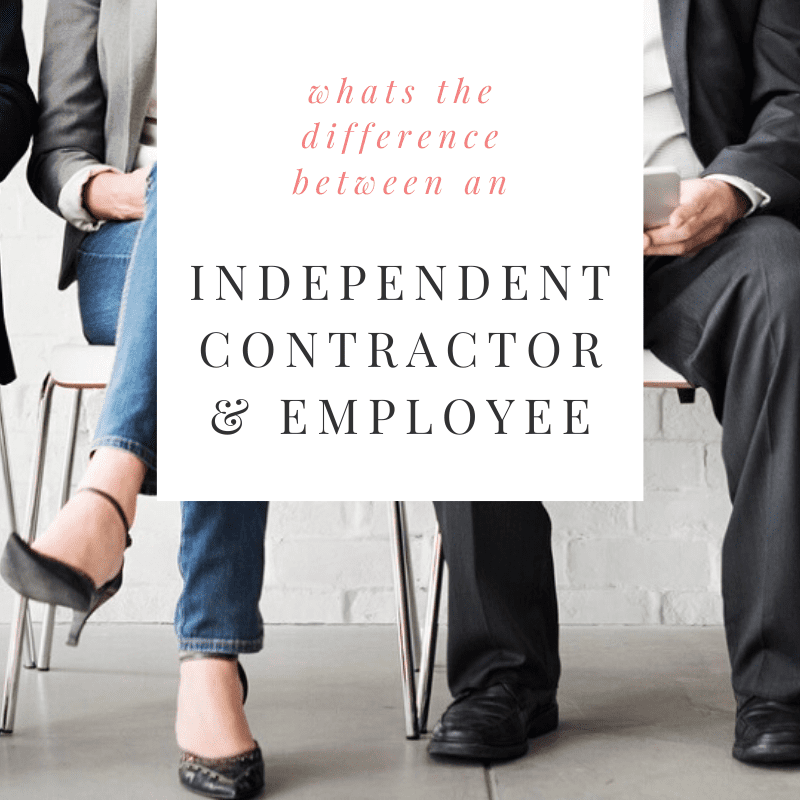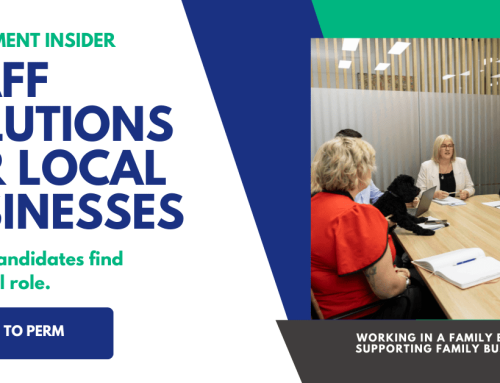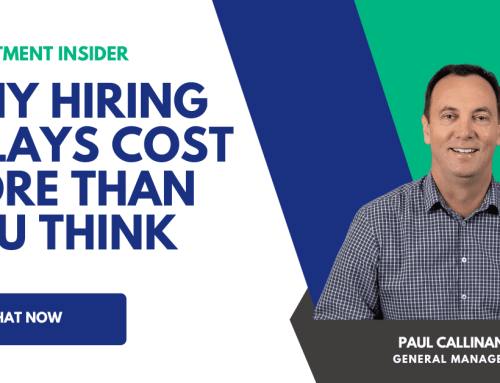Exploring the difference between an Independent Contractor & an Employee
The Fair Work Ombudsman provides information and advice about your workplace rights and obligations.
Over the last couple of weeks we have been exploring common myths around Employment. This week we are providing information around being an Independent Contractor.
Myth: If a worker has an Australian Business Number (ABN) they are an independent contractor and minimum pay rates don’t apply
Fact: Having an ABN does not automatically make a worker an independent contractor. Fair Work inspectors apply tests of fact and law to determine whether a worker’s correct classification is as an independent contractor or an employee. Whether an employer has labelled a worker as a contractor and required them to obtain an ABN may not be relevant.
Need some further clarification?
What are Independent contractors
Independent contractors run their own business. They usually negotiate their own fees and working arrangements and can work for more than one client at a time. Independent contractors are often called contractors or subcontractors (subbies).
Whether or not a worker is a contractor or an employee is not based on what the arrangement is called, but on the nature of the relationship.
Employees
The factors that are indicative of an employee are that they:
- have their work directed and controlled by their employer
- work set or standard hours (casual employees hours can vary from week to week)
- usually have an ongoing expectation of work
- bear no financial risk – it’s covered by their employer’s insurance
- are provided by their employer with tools or a tool allowance is provided
- have income tax deducted by their employer
- are paid wages or a salary regularly
- are entitled to paid leave.
Independent contractors
The factors that are indicative of independent contractors are that they:
- have a high level of control over how the work is done, including the choice to hire others to assist
- agree to the hours required to complete the job
- usually engaged for a specific task or time
- bear the risk of making a profit or a loss and usually bears responsibility and liability for poor work or injury and usually have their own insurance
- use their own tools and equipment
- pay their own tax and GST
- have an ABN and submits invoices
- don’t receive paid leave.
You need to consider all of these factors when working out whether you are an employee or an independent contractor. There won’t be one thing on its own that decides whether you are an employee or an independent contractor. Just because you have an ABN or issue invoices doesn’t automatically make you an independent contractor.
Independent contractors can also do the same type of work as an employee of the business they are doing work for and still be an independent contractor. A person won’t automatically be an employee or an independent contractor because of the type of work they do.
For more information on the differences between employees and independent contractors you can read the Fair Work Independent contractors and employees fact sheet.
For help in deciding whether you are an employee or an independent contractor you can visit business.gov.au – contractors or seek independent legal advice.
Getting paid
Since independent contractors aren’t employees, they don’t have a minimum wage or pay rate. Instead, independent contractors negotiate payment as part of their contract.
An independent contractor will submit an invoice when they need to be paid. They can be paid on a regular basis or at the end of the contract or project.
If an independent contractor doesn’t get paid for an invoice they can take their own legal action or seek independent legal advice for help. We can’t enforce payment of unpaid invoices.
Tax and super
Since independent contractors are running a business, they will need to arrange for tax to be taken out of their pay and pay GST. For more information on tax visit the Australian Taxation Office .
As well as paying their own tax, independent contractors may need to make their own superannuation contributions. There are exceptions to this, such as when a contractor is hired wholly or principally for labour – in this case, they’re considered employees for superannuation purposes, and the person that hired them is responsible for paying their superannuation. For more information on when superannuation is paid by the contractor or the hirer visit the Australian Taxation Office .
Minimum entitlements
Independent contractors don’t get other entitlements that employees get such as leave and notice of termination unless they negotiate for these entitlements to be included in their contract.
Learn More about Independent contracting laws
Recruit Personnel | Finding the Right Candidates for local businesses.
Contact our team on: 02 4934 9900






